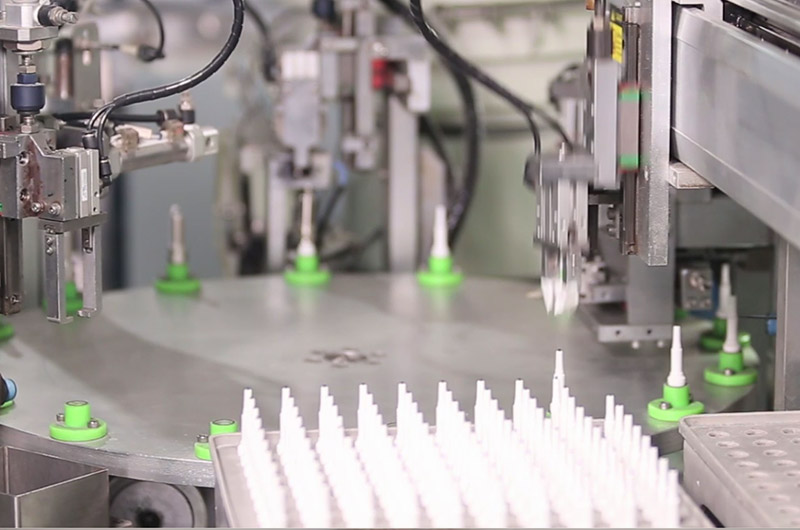Choosing the right spark plugs for your vehicle can have a significant impact on your vehicle's performance, fuel economy, and emissions. Incompatible spark plugs can lead to engine malfunction, reduced power, or even damage. When choosing spark plugs, consider the following:
Content
This is the most basic and crucial step. Different models and engines require different spark plug specifications. You should select according to the vehicle manufacturer's recommendations.
Consult your vehicle's owner's manual: The most accurate guide is to consult your vehicle's owner's manual, which details the recommended spark plug model, specifications, and replacement intervals.
Consult a professional: If you can't find your manual, consult a dealership, auto repair shop, or professional auto parts supplier. They can provide accurate recommendations based on your vehicle and engine model.
Check the spark plug brand's official website: Many well-known spark plug brands offer a model search tool on their official websites. Simply enter your vehicle information to find matching products.
The material of a spark plug directly affects its performance and lifespan. The following are the main types of spark plugs commonly found on the market:
Nickel alloy spark plugs: These are the most common type and are inexpensive, but offer average durability and typically need to be replaced approximately every 20,000 kilometers. They are suitable for most standard family cars.
Platinum spark plugs: These use platinum electrodes, which offer excellent corrosion resistance and electrical conductivity, resulting in a longer service life, typically exceeding 80,000 kilometers. Their performance is more stable than that of nickel alloy spark plugs.
Iridium spark plugs: These use iridium electrodes, which are harder and have a higher melting point, offering superior performance and durability to platinum spark plugs. Their service life can reach 100,000 kilometers or more. They provide stronger ignition energy and more stable combustion, making them the preferred choice for many high-performance engines.
Dual platinum/double iridium spark plugs: Compared to single platinum/iridium, these use precious metals in both the center and side electrodes, further extending their service life and improving ignition efficiency.
How to Choose?
Economy Cars: If you're looking for value and don't have high performance requirements, nickel alloy or single platinum spark plugs are sufficient.
Ordinary Family Cars: Platinum or iridium spark plugs are recommended. They offer better performance and a longer lifespan, saving you money and worry in the long run.
High-Performance Cars/Turbocharged Engines: Iridium or double iridium spark plugs are highly recommended. They can withstand higher temperatures and pressures, ensuring stable and efficient engine operation.

Heat value is an important indicator of a spark plug's heat dissipation capacity. A higher heat value results in faster heat dissipation, commonly known as a "cold" spark plug; a lower heat value results in slower heat dissipation, commonly known as a "hot" spark plug.
Hot spark plugs: Suitable for engines operating at low speeds or low loads, they ensure rapid electrode temperature increases and remove carbon deposits.
Cold spark plugs: Suitable for engines operating at high speeds and high loads, they effectively dissipate heat, preventing electrode overheating that can lead to pre-ignition or detonation.
How to Choose?
You must strictly select spark plugs according to the calorific value specified by the vehicle manufacturer. A mismatch in calorific value can impact engine performance at best, or even damage the engine. For example, using a spark plug with a calorific value that is too low in a high-speed, high-load engine can cause the electrode to overheat, leading to detonation.
Thread Diameter and Length: The spark plug threads must perfectly match the spark plug hole in the cylinder head.
Gap: This refers to the distance between the center and side electrodes of the spark plug. A gap that is too large or too small can affect ignition. While some spark plugs come with a factory-set gap, it's best to use a feeler gauge to double-check and adjust to the vehicle manufacturer's specifications before installation.
The simplest approach is to follow the vehicle manufacturer's recommendations for selecting the appropriate spark plug. If you wish to upgrade your spark plugs for better performance or longer life, you can choose a higher-grade material, such as iridium, while ensuring that the threads, calorific value, and size match. In this way, the performance of the car spark plug will be greatly improved and the durability will be better.